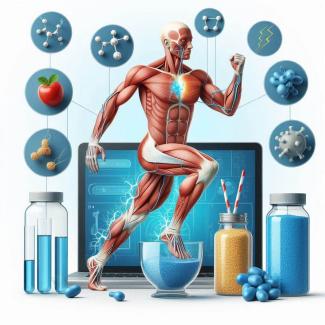This comprehensive resource provides everything you need to know about minerals, essential nutrients that play crucial roles in maintaining health. Explore the different types of minerals, including macrominerals like calcium and magnesium, and trace minerals such as iron and zinc. Learn about their functions in the body, including bone health, enzyme function, and electrolyte balance. We also cover the symptoms of mineral deficiencies, recommended daily intakes, and the best food sources to ensure you're meeting your nutritional needs for optimal wellness.
Magnesium is essential to the human body because it plays numerous critical roles in various physiological processes.
Potassium is an essential mineral and electrolyte that plays a crucial role in maintaining various bodily functions.
Eggs are nutritionally rich and versatile foods with several health benefits. Let's take a detailed look at some of the key advantages of consuming eggs:
Jujubes, scientifically known as Ziziphus jujuba, and commonly referred to as Chinese dates or red dates, are small, sweet, and nutritionally rich fruits that originate from China and othe
Vitamin D and magnesium are two essential nutrients that play crucial roles in the body, and there is indeed a close connection between them.
Sleep apnea, a prevalent and potentially serious sleep disorder characterized by repeated interruptions in breathing during sleep, affects millions of individuals worldwide.
Iodine is an essential trace element that is crucial for the proper functioning of the human body. Its importance primarily lies in its role in thyroid function and overall health.
Potassium is an essential mineral and electrolyte that plays a vital role in various physiological functions within the human body.
Longevity and quality of life are deeply intertwined with physical activity, as confirmed by decades of scientific research.









